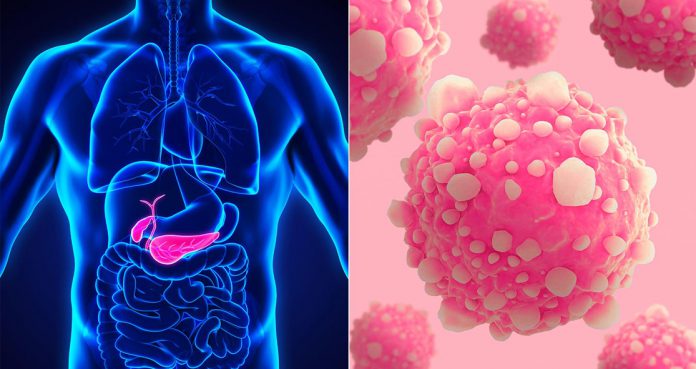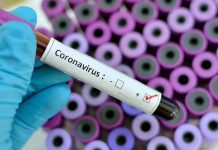The 66-year-old, Gordon Chamberlain, was told in October that he would be lucky to survive another four months. He had late-stage pancreatic cancer, which has been spread to his lungs and liver. However, little did he know that an experimental therapy would slow down the progression of his disease and prolong his life.
“My energy levels were low, if I had any energy at all, and I was not able to walk very far or do very much,” said Chamberlain, a resident of Murray. He explained that the side effects of chemotherapy were too much.
On Monday, five months after this four-month prognosis, he said, “I was excited because it gave me an option, when, otherwise, there wasn’t any. And I feel better physically, have more energy and my appetite has returned.” He said his quality of life is much better now.
Thanks to a recent discovery made by Dr. Conan Kinsey of Huntsman Cancer Institute. He is physician-scientist and has been studying and treating pancreatic tumors.
Dr. Conan said, “It’s a very, very lethal disease, to say the least. It’s one of the worst of any of the cancers that we diagnose and treat.” He explained that only 8 percent of patients with pancreatic cancer survive up to five years.
His recent discovery of treating pancreatic cancer with multiple drugs appeared in the journal of Nature Medicine.
The physician-scientist discovered an experimental therapy that included the use of two drugs – Trametinib and Hydroxychloroquine. These drugs could potentially affect the process of abnormal cell division as well as growth caused by a genetic mutation, increasing a patient’s lifespan.
Martin McMahon, a cancer researcher at Huntsman Cancer Institute and professor of dermatology at the University of Utah, said, “For someone with pancreas cancer, but also someone who has received extensive chemotherapy, seeing a response like this is quite remarkable. He mentioned the treatment options are very limited for pancreatic cancer and there has been no significant advancement in decades.
McMohan further explained that the signs and symptoms of pancreatic cancer do not show up until it is too late to treat or remove the pancreas, eventually ending up being so deadly.
Since the treatment is experimental, Chamberlain is more than happy to be alive. He said, “It gave me quite a bit of hope, and, as it all goes along, it is buying time, but it has also given me a higher quality of life than what the chemotherapy did. In gaining time, there are so many other treatments coming down the line… who knows what the future holds?”
He has been told that he could live up to a year longer, or maybe even more. He also said, “My outlook has changed a great deal. And he now lives by the adage, “Growing old is a privilege denied to many, so thank God for every day you have. I’m in good hands. I couldn’t be in better.”
Kinsey and McMahon are hoping to enroll more patients in a clinical trial to test the medications and their experimental therapy. At the same time, they will determine some of the risk factors causing pancreatic cancer, so that better screening can be done in the future. The clinical trial that is already underway will take on three patients at a time at Huntsman, ultimately enrolling more patients at different cancer centers in the country, which are working together on developing this experimental treatment.























